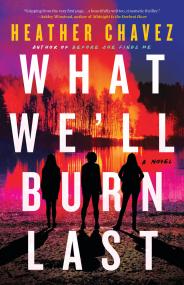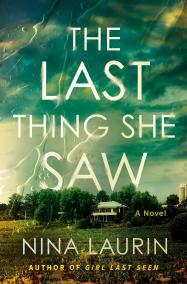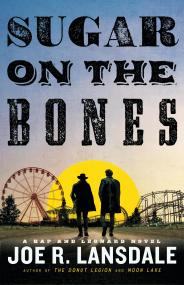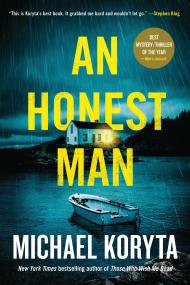The Janes
An Alice Vega Novel
Formats and Prices
Format
Format:
HardcoverThis item is a preorder. Your payment method will be charged immediately, and the product is expected to ship on or around January 21, 2020. This date is subject to change due to shipping delays beyond our control.
Also available from:
On the outskirts of San Diego, the bodies of two young women are discovered. They have no names, no IDs, but one of the Jane Does holds a note bearing the name, “Alice Vega.” The police and FBI reach out to Vega, a private investigator known for finding the missing. Fearing the possibility of a human trafficking ring, Vega enlists the help of her one-time partner, former cop Max “Cap” Caplan.
Despite a case with so few leads, Alice Vega is a powerful woman whose determination is matched only by her intellect, and, along with her partner Cap, she will stop at nothing to find the Janes’ killers before it is too late.
Louisa Luna is writing new classics of crime fiction, and her partnership of Vega and Cap is rightfully joining the pantheon of the most memorable thrillers.
- On Sale
- Jan 21, 2020
- Page Count
- 368 pages
- Publisher
- Doubleday
- ISBN-13
- 9780385545518
By clicking 'Sign Up,' I acknowledge that I have read and agree to Hachette Book Group’s Privacy Policy and Terms of Use




